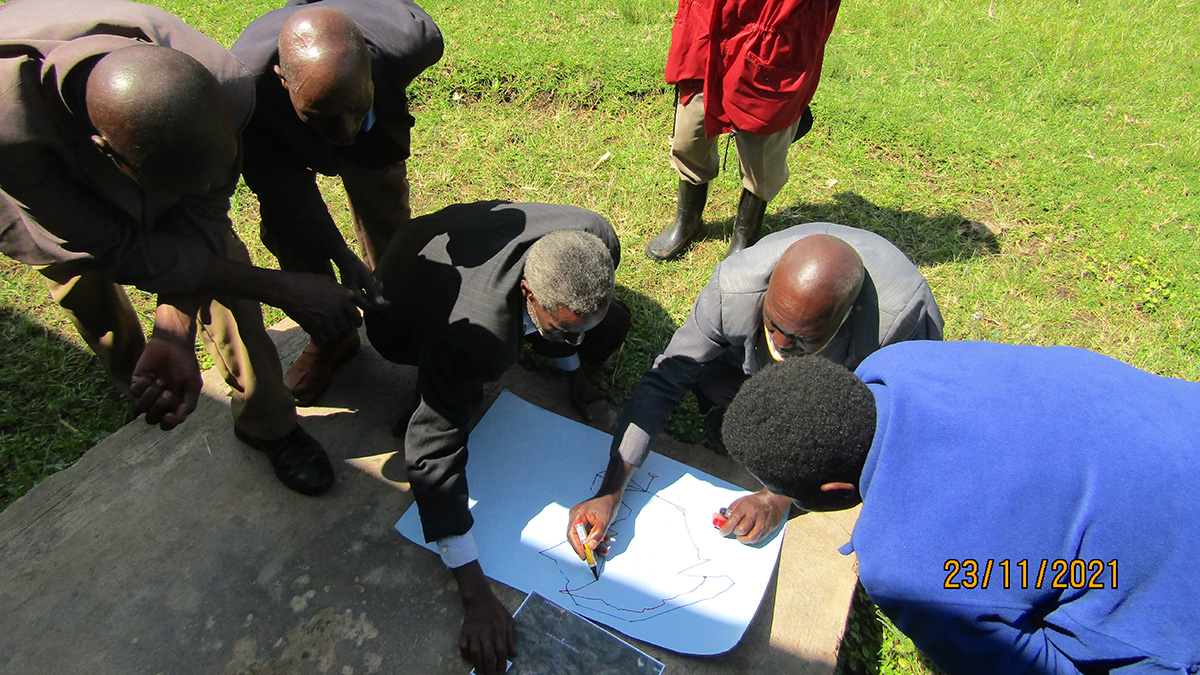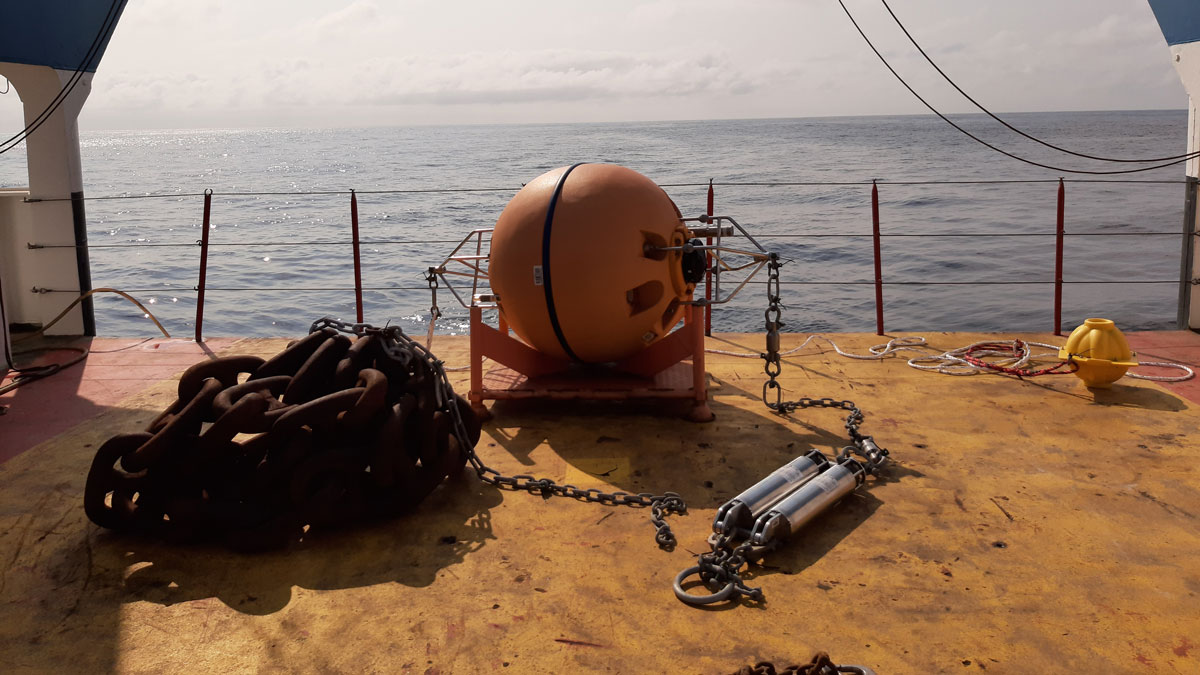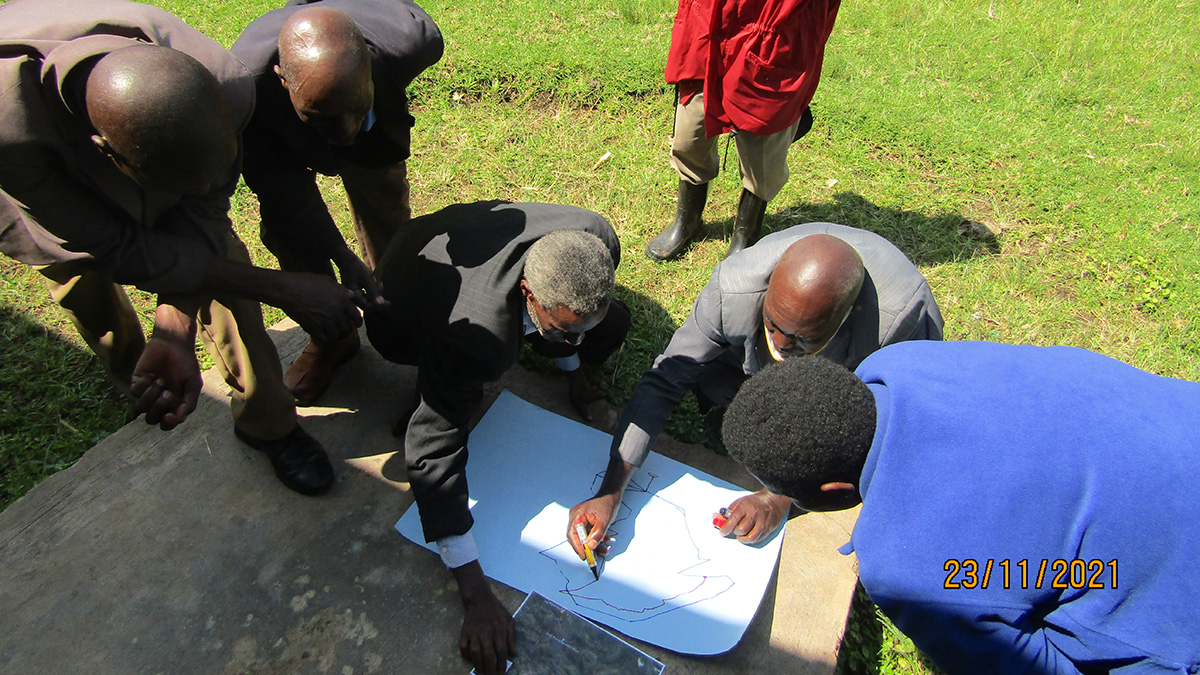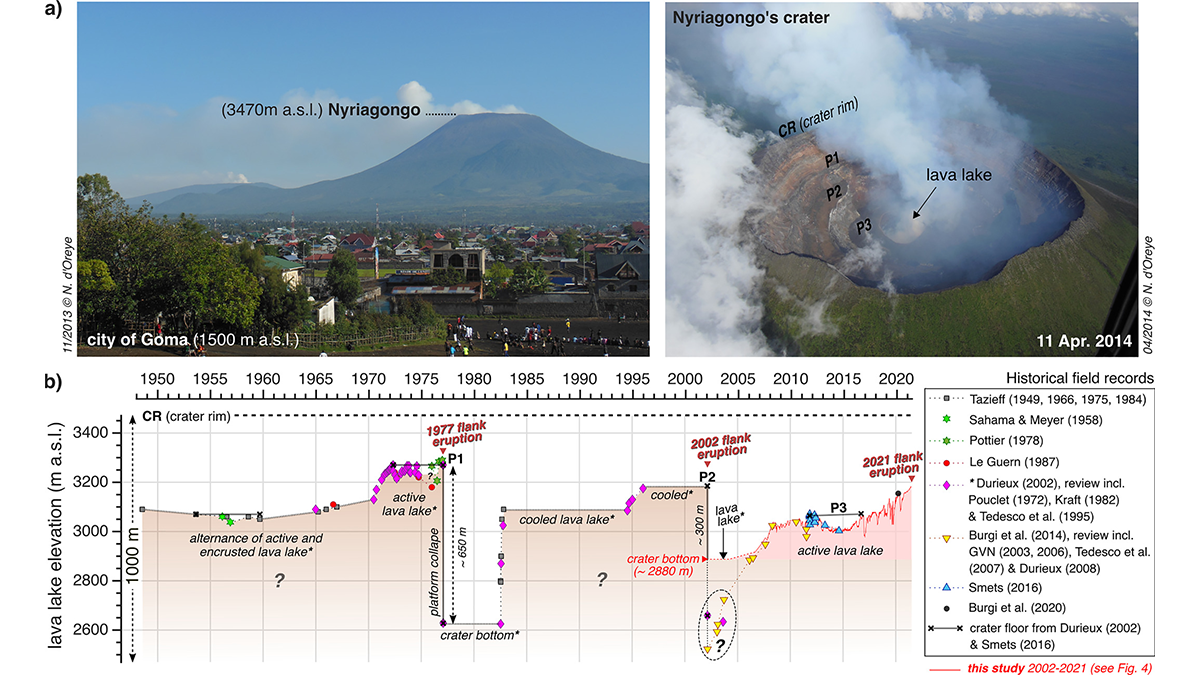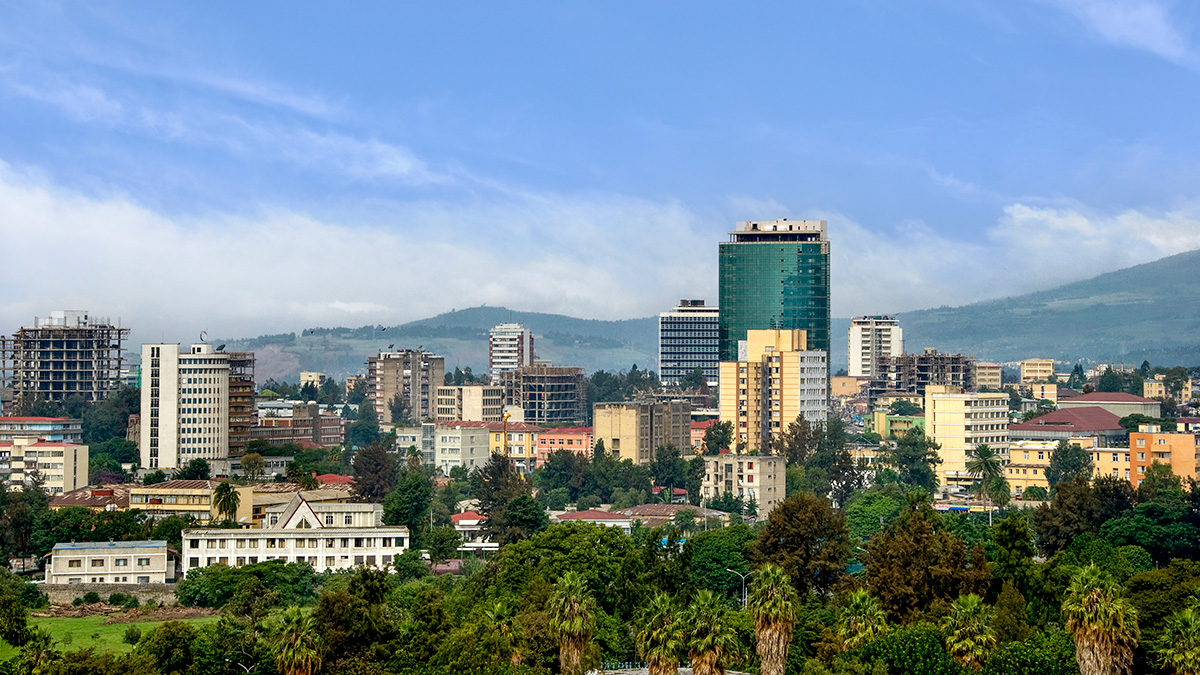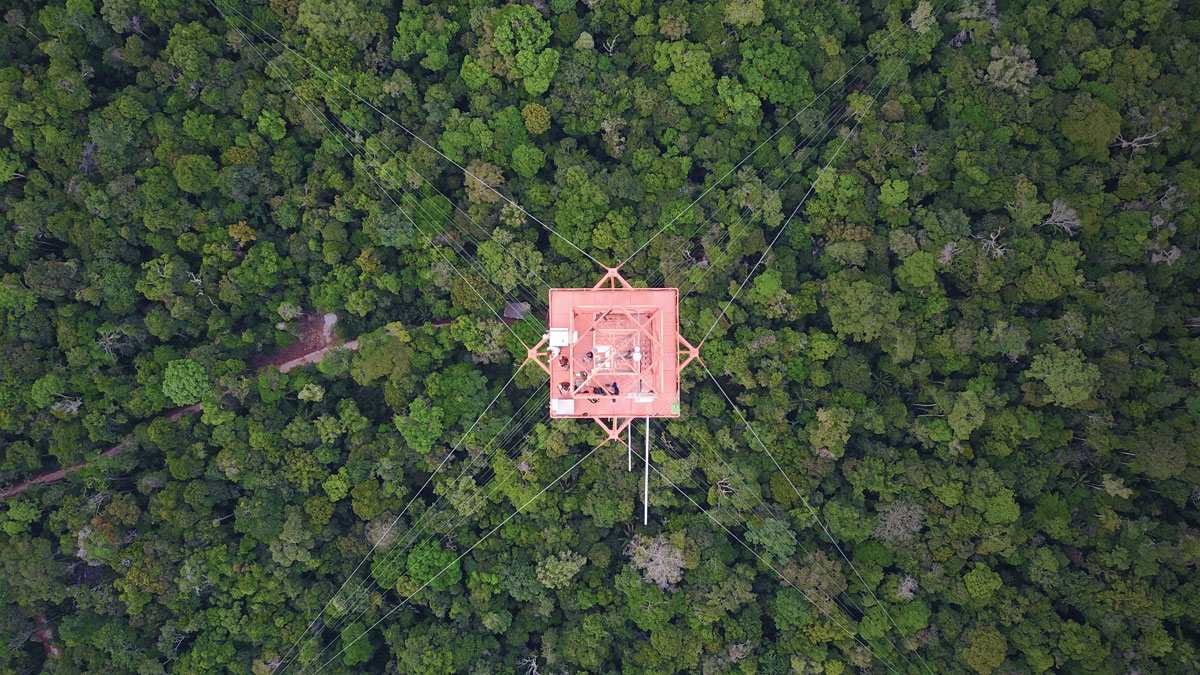Un proyecto comunitario en las tierras altas de Kigezi está ayudando a identificar puntos calientes de deslizamientos de tierra e inundaciones y cómo los peligros están evolucionando.
Africa
Tropical Wetlands Emit More Methane Than Previously Thought
Climate models could be vastly underestimating methane emissions from the world’s tropical wetlands, according to observational surveys of wetlands in Zambia.
River Floods Can Trigger Powerful Underwater Landslides
A record-length turbidity current triggered by river flooding has revealed a new link between the surface and the deep sea.
Community Science Project Helps Track Geohazard Risks in Uganda
A community project in the Kigezi Highlands is helping to identify landslide and flooding hot spots and how the hazards are evolving.
Side Benefits of Climate Action May Save Millions of Lives in Africa
Premature deaths due to air pollution would decline across the continent.
Severe Storms Expose Ill-Equipped Weather Stations in Southeast Africa
The lack of infrastructure is preventing scientists from robustly reporting meteorological information as well as communicating warnings about hazard-prone areas.
Mesurer les oscillations d’un lac de lave depuis l’espace
Les images satellite permettent de mesurer les oscillations du lac de lave du Nyiragongo (RD Congo). Ces mesures renseignent sur la dynamique du volcan et aident à anticiper ses éruptions futures.
Tracking Lava Lake Levels at an African Volcano from Space
Satellite data from Nyiragongo Volcano, Democratic Republic of Congo, track changes in summit-crater lava levels that provide a window into eruption dynamics and aid in forecasting future activity.
New Hazard Exposure Model for Africa
The rapid pace of urbanization could encroach on hazard-prone regions without adequate land management and building design regulations, a new modeling project shows.
Africa’s Earth, Wind, and Fire Keep the Amazon Green
Jet streams sprinkle North African dust over the Amazon, providing the rain forest with much needed nutrients. Changing wind patterns and increasing smoke may shift the system.

